Nothing 100 per cent safe on Internet; beware about cyber threats: Uttarakhand DGP
Nothing is 100 per cent safe on the Internet and cybercrime is emerging as the "biggest" threat and challenge for police forces in the country.
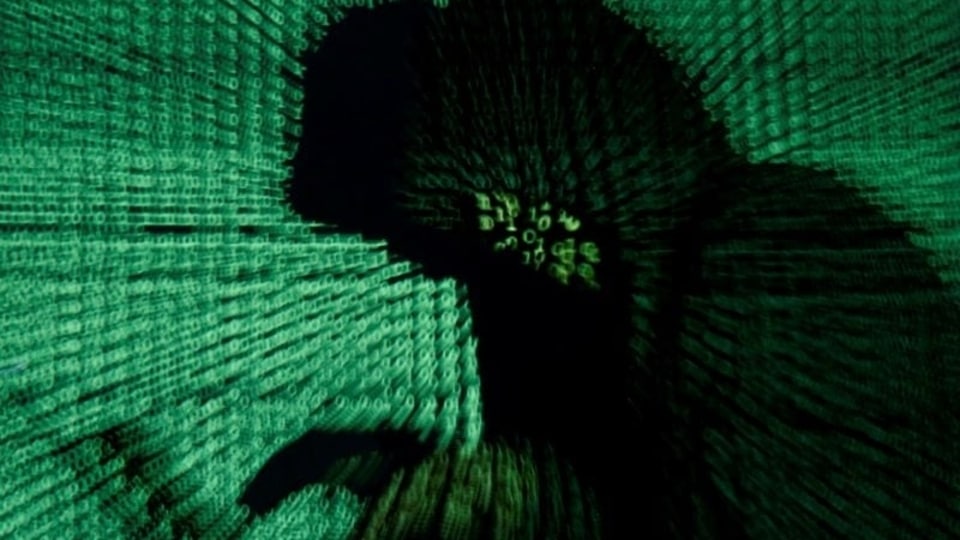

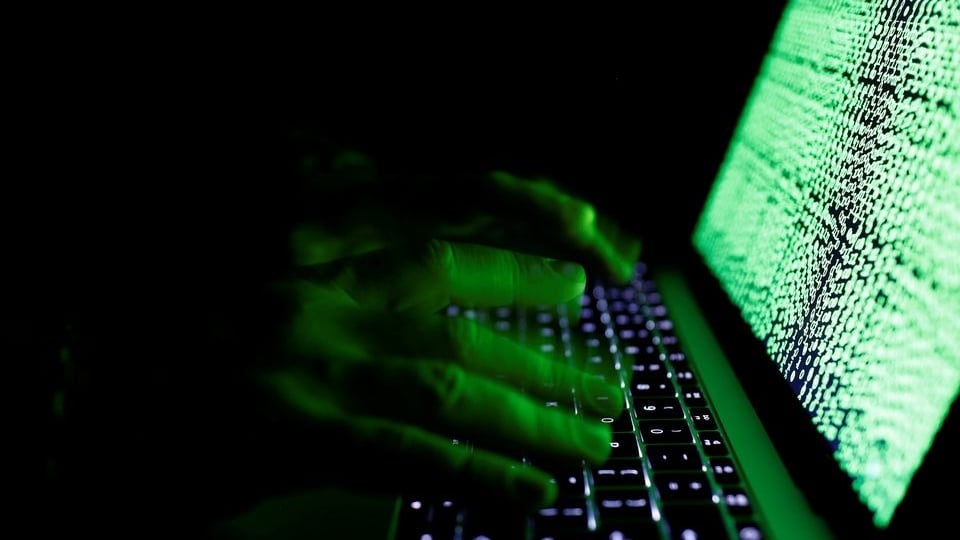

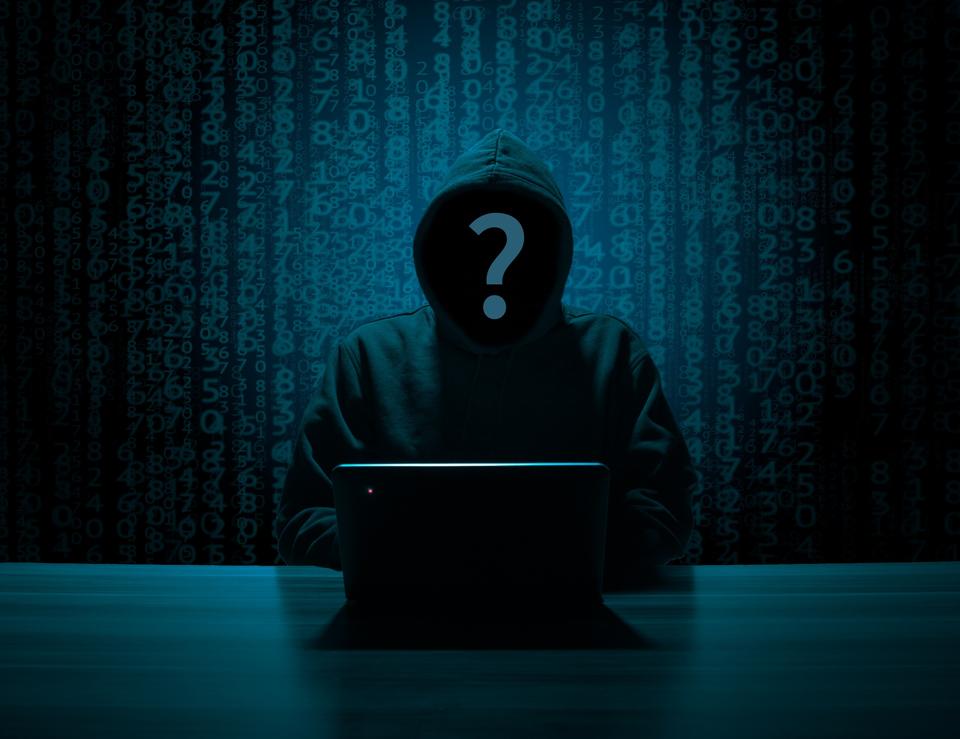
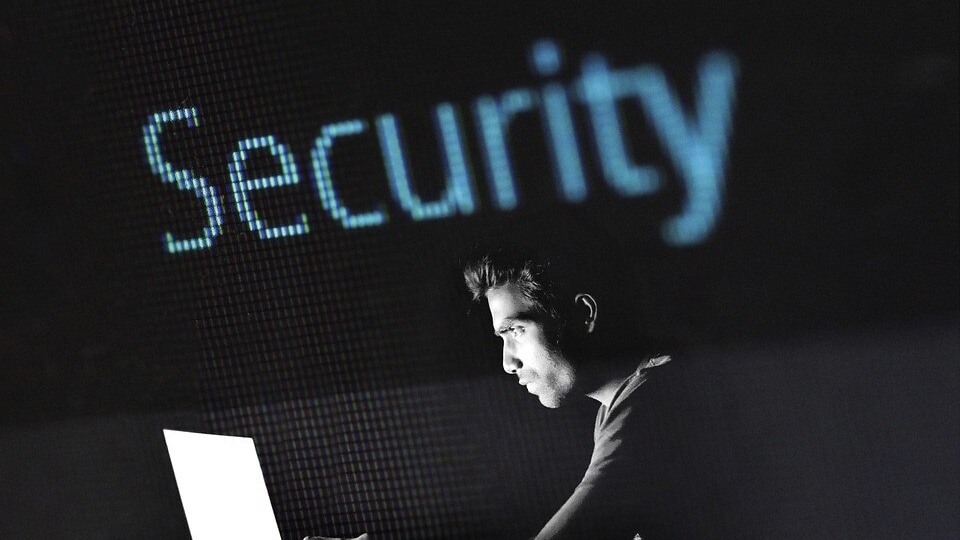
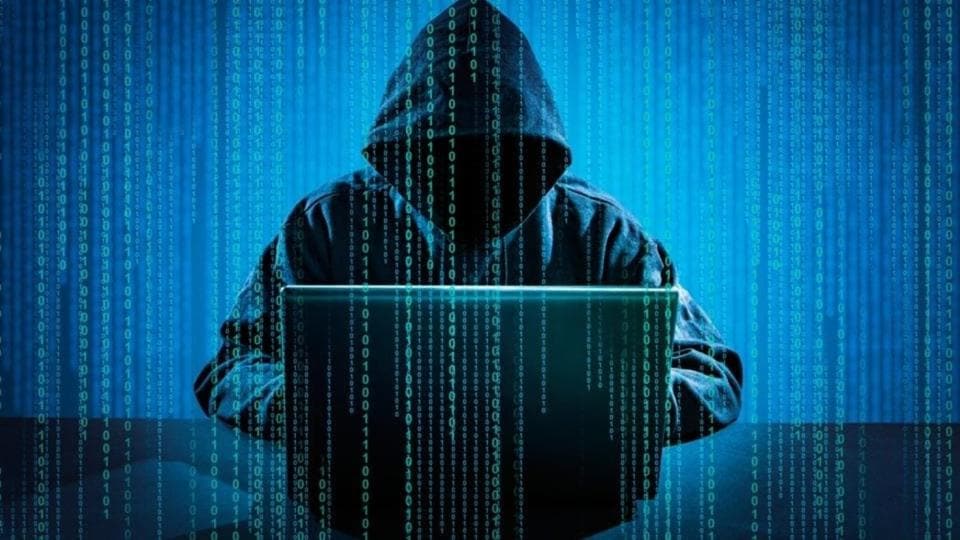
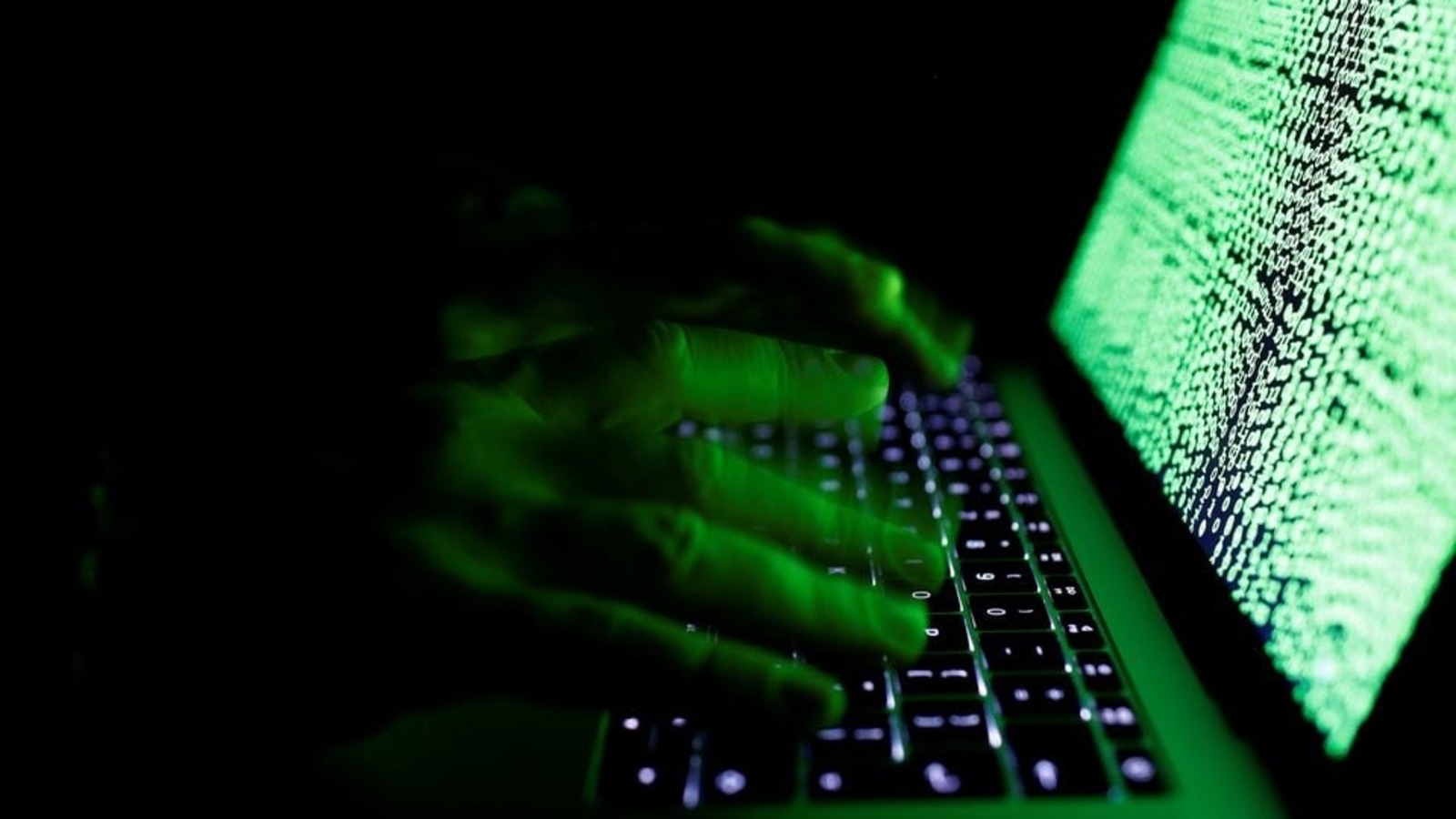
 View all Images
View all ImagesNothing is 100 per cent safe on the Internet and cybercrime is emerging as the "biggest" threat and challenge for police forces in the country, Uttarakhand police chief Ashok Kumar said here on Thursday.
Kumar, a 1989-batch Indian Police Service (IPS) officer, was speaking at the IIT-Delhi campus during a panel discussion on the launch of his latest book 'Cyber Encounters: Cops' adventures with online criminals' which he co-authored with O P Manocha, an ex-DRDO scientist.
The book offers insights into 12 real cyber crime cases investigated and cracked by the police and the extent of the multi-layered complexities that are part of these online and borderless crimes.
"The volume of cyber crime cases is so high and the criminal who is perpetrating is sitting so far away that catching them is very difficult. This crime has no boundaries.
"With the future of 5G and Internet of Things (IoT) on the horizon, it is going to be difficult for us," the Uttarakhand Director General of Police said.
The officer, who did his BTech and MTech from the Indian Institute of Technology (Delhi), said the Uttarakhand Police has cracked many such cases with a dedicated team in place and they are investing in modern technology to bolster the capabilities of the state cyber police unit.
"I can tell you," the Director General of Police (DGP) said, "that nothing is 100 per cent safe on the Internet."
"Be vigilant while using the Internet and sharing personal information. Don't use Aadhaar or other vital IDs as your first identification proof," the DGP said.
Kumar said the cyber criminals were using newer techniques to con people as he quipped that the fee of some cyber courses are now higher than the IITs.
"The book gives a number of tips to keep one self protected and the one talisman I always give to people is that always keep this in mind that an OTP (one time password) is used to withdraw money from your account and not to send funds. So, never share OTPs with unauthorised persons," he said.
Kumar has earlier authored two books on the human face of Khaki and another on internal security.
National Cyber Security Coordinator Lt Gen (retd) Rajesh Pant, who spoke during the discussion, said cyber crime was a "serious problem" but the Union government and Home Minister Amit Shah were very concerned about this issue and hence the Indian Cyber Security Coordination Centre (I4C) was established in the Ministry of Home Affairs.
About 4,000 cyber crime cases are registered daily on an average on the "http://cybercrime.gov.in portal but the actual figure could be about 10,000 as the filing of cases are being done only by those who know about this website, Pant said.
He said there were "voids" that Indian cyber crime combat agencies were trying to fill up.
Wearables brand boAt co-founder Aman Gupta also spoke during the event and recounted a recent event where his team found that as many as 10,000 "replications" of his company's website were made and fake gadgets, at one-fourth their original price, were being sold to customers.
"We felt very bad...people lost their money. We reported the incident to police and our chief technology officer had to work overnight to sort out the issue," Gupta said.
Catch all the Latest Tech News, Mobile News, Laptop News, Gaming news, Wearables News , How To News, also keep up with us on Whatsapp channel,Twitter, Facebook, Google News, and Instagram. For our latest videos, subscribe to our YouTube channel.































